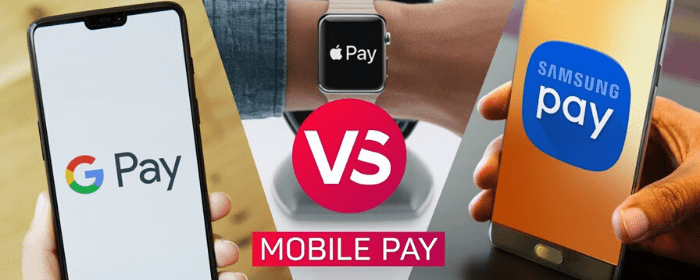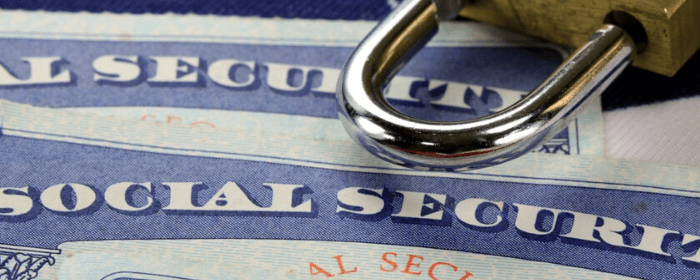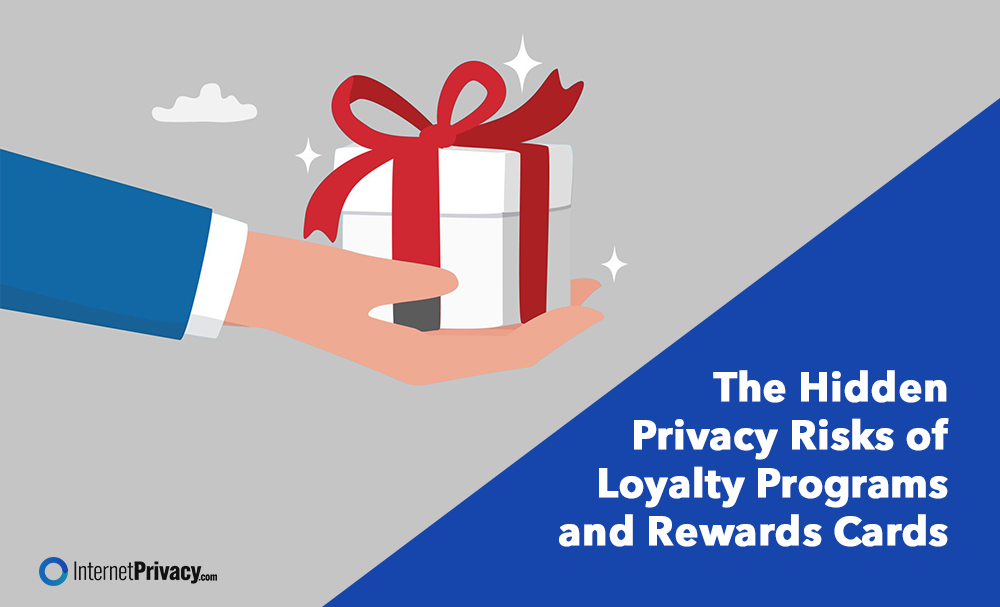15 Tips for Safe Holiday Online Shopping

Do you feel safe while online holiday shopping?
The vacation countdown is on, and over 50% of holiday shoppers plan to make purchases on the internet during the 2019 period of giving. Unfortunately, it is also the time for internet scammers to create a killing — usually, on your dime.
Online shopping scams, will expose your identity as well as drain your wallet. These would be the riskiest types of consumer fraud, according to a report released by the Better Business Bureau.
Along with Experian, a recent survey found that 43% of victims said their identity theft happened while partaking in some holiday online shopping.
Holiday Shopping Online: The Truth…
Shopping begins to warm up in November and December. Lots of these transactions happen on laptops, tablets, as well as smartphones. Amidst the rise in eCommerce, we see monetary fraud alerts and cybercrimes on a steady rise.
- 43% of online shoppers surveyed, stated their identity theft happened while purchasing an item on the internet.
- 84% of holiday shoppers plan on using their smartphone or laptop when they start holiday online shopping.
- Online sales are expected to rise by 18% from the previous year (2018).

Protect Yourself and Practice Safe Holiday Online Shopping
The holidays ought to be a time of pleasure, as you spend some time with family and friends. It is not a time for frustration and stress of dealing with a situation of identity theft or financial fraud.
Stay ahead of online scammers and identity thieves with these 15 tips for safe holiday online shopping:
1. Ship Packages to a Secured Location
If no one’s house to take a bundle, look at shipping to your workplace or another secure location. UPS, Amazon, and FedEx have transportation lockers available for safe deliveries.

2. Use Verified Retailers While Shopping Online
Mobile programs permit you to search for and buy items even though you’re on the move — creating holiday shopping a cinch. However, the risk arises if you install a program laced with malicious malware or software. Criminals use these programs to infiltrate smartphones and perform any number of items, such as direct users to deceptive premium subscription services or mechanically subscribing users to pricey content suppliers without the consumer’s consent.
Some suppliers, like Google Play, scan programs for malware before publishing them in their shop.
3. Avoid Autosaving Banking Information Online
While it might be convenient to keep payment and personal info in your accounts, it will include danger. Some retail sites might not be built to safeguard your data, which might render your own personal information and payment card information exposed to cyber thieves or information breaches.
When a hacker gets your favorite shopping accounts, it might then be simple for them to make fraudulent purchases using the credit card info you have stored in that consideration. That is why it’s ideal to skip the autofill alternative or try with a password manager, which offers an excess layer of security to your own account information.
4. Use ApplePay or Google Pay
Credit card fraud is a significant difficulty in the U.S., but employing an electronic wallet or program, for example, Apple Pay, Google Pay, Venmo, or even others can raise your trade protection.
The electronic wallet obscures your charge card info so the retailer sees a distinctive, one-time code that is only great for this purchase. If a shop worker or a hacker attempts to get their hands on the shop’s payment advice, they would not have the ability to realize your credit card or bank details.

5. Avoid Unknown Retailers on Social Media
Anticipate a listing for online holiday spending this season. But purchasing IRL — in actuality — provides one benefit: You can generally be certain the company and the stock exist. On the internet, some companies are fabricated by men and women who only want your credit card information and other personal information. To play it safe, look at doing online business just with retailers that you expect and have shopped together before. Or spend the time to affirm it is a valid thing, by assessing customer testimonials and other customer opinions.
6. Avoid “Low Cost” Deals
Black Friday, Cyber Monday, along with other enormous earnings across the way have come to be a convention of holiday shopping. Compare prices and images of the product at comparable sites. Rock-bottom prices might be a red flag that the company does not have these items in stock. The site may exist simply to acquire your own personal details.
7. Avoid Online Shopping on Public WiFi
You may be tempted to choose your shopping spree into a coffee shop to get a cup of joe. Remember, Wi-Fi networks utilize public airwaves. Using just a tiny bit of technical know-how and the publicly available Wi-Fi password in your favorite cafe, a person can intercept the information you send and receive while on free Wi-Fi.
Shopping online generally means giving information that an identity thief will really like to catch, such as your name, address, and credit card info. Bottom line: It is never a fantastic idea to shop on the internet or log into any site as you’re linked to Wi-Fi.
8. Utilize a VPN for Online Shopping
Still can not resist the lure of purchasing online when sipping that peppermint latte? If you have to store on line on people’s Wi-Fi, then look at installing and utilizing a VPN — brief for your virtual private network — on all mobile computers and devices prior to linking to any Wi-Fi system.
A VPN creates an encrypted link between your computers and smartphones along with the VPN server. Consider it as a protected tunnel your traffic travels through as you surf the net, which makes the information you send and get safer from interception by hackers that are nearby.

9. Use a Trustworthy Password Management Tool
If a person gets the password into your accounts, they can log in, change the delivery address, and arrange things with saved payment information though you get stuck with the bill. Keep your accounts protected by securing it with a powerful password “Santa123” will not do.
Here Are a Few Tips for password management to boost your safe holiday online shopping this season:
- Utilize an intricate set of lowercase and uppercase figures, numbers, and symbols.
- Do not use personal information that others may find or suspect, like birthdates, your kids’ names, or even your own favorite color.
- Do not use the exact same password however strong — on multiple accounts.
- Consider having a password manager to create and safely keep those powerful, complex passwords.
10. Always Read Security Policy Agreements
That little lock icon at the corner of your URL bar lets you know that the webpage you are on has privacy security installed. These sites mask any information you discuss, typically on webpages that ask for passwords or financial details.
If you do not find that the”s” following”http,” then the page is not protected. There’s not any privacy security attached to those pages, therefore we recommend you exercise caution before supplying your credit card info on these websites.
11. Avoid Holiday “Deals” Emails
At times, something on your email in-box can stir your vacation consumer cravings. For example, it may be tempting to start an email in an unknown company that guarantees a”special deal.” But that provides could be unique in a poor manner.
Clicking on emails from unknown senders and unrecognizable sellers can infect your computer with malware and viruses. Delete them don’t click any hyperlinks and do not open any attachments from people or companies you’re not familiar with.
12. Never Expose Your Social Security Information
No shopping site could ever require your Social Security number. If you are asked for quite personal information, call the customer support line and ask if you may provide some other identifying info.

13. Always Purchase with Credit Cards
Attention, holiday shoppers: You will usually find the best liability coverage — offline and online — once you use a credit card. Here’s the reason why.
If a person stands upward legal fees on your credit card, national regulations state you won’t need to pay while the card company explores.
However, if someone uses your accounts and you do not report the theft, following 60 days you might not be reimbursed whatsoever.
You may even try an electronic credit card. Some banks provide this nifty tool, which acts as an internet version of your card. Having a digital credit card, the issuer will generate a number that is connected to your accounts, and you may use it everywhere on the internet and select if the amount expires. It may be best to create a new number each time you purchase something online, or whenever you store with a new merchant. Anyone who attempts to use that amount will probably be out of luck.
14. Use Prepaid Credit Cards
A prepaid credit card eliminates a whole lot of the danger that goes with internet shopping. All these are distinct from credit and debit cards since the cash is not linked to credit history or into a bank account. You simply load cash on the prepaid debit card, then use that balance for purchases and then reload when required.
If a scammer will get hold of their card info, the offense pretty much ends there. The crook can not open new charge accounts in your name, drain your checking accounts, or make purchases within the volume you’ve previously loaded.
Additionally, you still possess some amount of fraud protection. For those who have previously enrolled the card and you report the loss or theft to your card issuer, many will revive your initial equilibrium and issue a new card. But because many prepaid card cards include high prices, read the conditions prior to getting one, and think about just using those for holiday shopping.
15. Monitor Statement Months After Holiday Online Shoppings
Check your statements for fraudulent fees at least one time per week or put up account alerts. When you get a text or email about a fee, you are able to check the message and probably easily remember whether you understand the fee and made the buy.
Internet Privacy provides the online monitoring solutions you need to practice safe holiday online shopping throughout the season. Call 866-349-0130 today to learn more.





